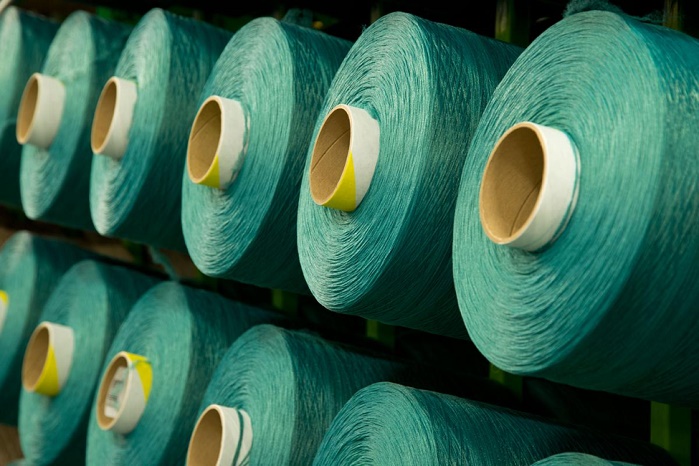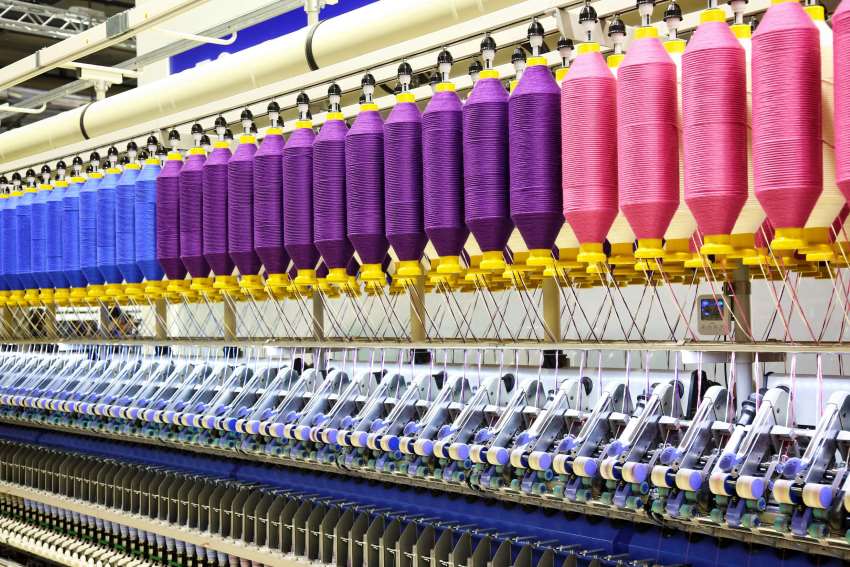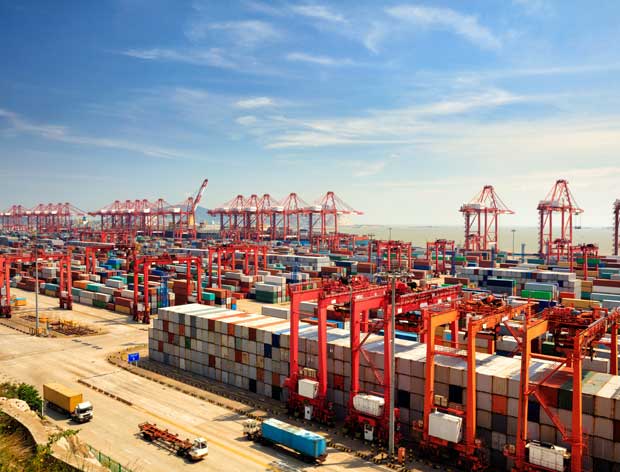A company in Tunisia has found a way to handle textile waste. Fiber Conversion converts textile waste back into fiber before using it to produce products such as rug pads, mopping pads, and mattress pads.
These products are sold in the local market and overseas, creating economic value that is significantly higher than that of exporting raw textile waste.
This innovative approach to waste management has had a significant impact in Tunisia, reducing waste in landfills and preserving the environment. By finding ways to turn waste into useful products, Fiber Conversion is also creating economic opportunities for the local population.
This innovative approach to waste management is a beacon of hope in the fight against environmental degradation. It sets an example for other countries facing similar challenges, showing it is possible to turn waste into useful products while creating economic opportunities for local communities.
Textile waste has been a long-standing problem in Tunisia, with most waste being exported or incinerated, contributing to environmental degradation.However, the existing tax regulations imposed on workers who collect and sell textile waste to the company are a major challenge. These taxes reduce the profit margins for workers and make it harder for them to make a living.












